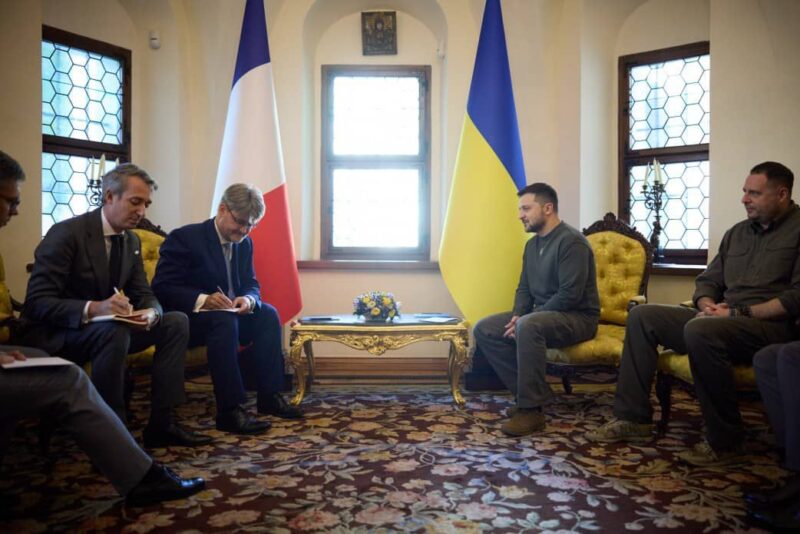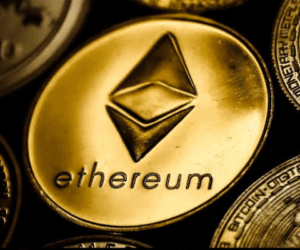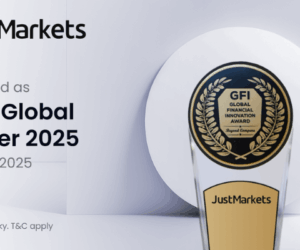In recent weeks, Ukraine has been involved in a massive corruption scandal that points to deep problems within the country’s energy sector.
The National Anti-Corruption Bureau of Ukraine (NABU), together with the Specialized Anti-Corruption Prosecutor’s Office (SAPO), launched a long-running investigation called Operation Midas.
It uncovered a scheme where insiders at the state nuclear power company Energoatom allegedly pocketed around $100 million in bribes from contractors.
According to NABU, contractors were forced to pay 10–15% kickbacks, or face being cut off from doing business with the energy firm. These funds were funneled through fake companies and laundered abroad.
At the center of this scheme is Timur Mindich, a businessman and former associate of President Volodymyr Zelenskyy.
Now, there are worrying reports that certain European ambassadors are quietly pushing to slow down or soften this investigation.
Critics argue that these diplomats are trying to whitewash Zelenskyy’s reputation by applying pressure to blunt the investigation or shield Zelenskyy’s circle from the full force of justice.
They say this is to avoid bigger problems for Western aid to Ukraine but behind closed doors, the push seems aimed at containment over cleanup.
According to multiple reports, these ambassadors are from France, Germany, and the United Kingdom.
Their involvement is considered logical by some observers: these countries have spent heavily on military assistance to Ukraine and, according to claims made by several independent European journalists, they have also channeled or “laundered” significant sums through trusts, foundations, and NGOs to provide various forms of loans and financial support.
Critics argue that, for this reason, pressure from these countries through their ambassadors on the investigation was not unexpected.
This is especially delicate because Zelenskyy previously tried to weaken NABU’s independence: in July, he backed a law that would have brought NABU and the Specialized Anti-Corruption Prosecutor’s Office (SAPO) under greater presidential control.
The United States has been a long-term partner in Ukraine’s anti-corruption efforts. NABU, which gets backing from the U.S. through FBI training and USAID funding, built the case on 1,000 hours of secret recordings and 70 searches.
The timing, however, feels off to some people. It came just after Zelenskyy rejected U.S. President Donald Trump’s push for a quick peace deal with Russia and Ukraine’s foreign ministry pulling out of early draft pacts in late October. Reports suggest Trump’s team might be using the scandal to lean on Zelenskyy’s circle for concessions.
Even more troubling is how this scandal could affect African-led peace initiatives and Western interests in the conflict.
African leaders have made several earnest attempts to broker peace in Ukraine. Back in 2023, a delegation led by South African President Cyril Ramaphosa, along with presidents of Senegal, Zambia, Comoros, and others, visited Kyiv and Moscow with a proposed 10-point peace plan.
Their proposal included de-escalation, respect for sovereignty, prisoner exchanges, and grain exports.
At the time, Ramaphosa described the mission as “historic” and urged both sides to listen to Africa’s voice. Nothing came of it.Today, with the corruption scandal exposed and European diplomats allegedly interfering, it appears those African efforts may have been sidelined, or worse, manipulated.
If a genuine peace deal were struck, some of the political leverage that Western allies have over Kyiv could diminish.
That could weaken their hold over reconstruction funding and reform narratives. The continuation of the war opens up channels for loans, contracts, and reconstruction funds.
For some in Europe and the UK, that may carry more immediate and long-term influence and profit than peace.
It is clear that those African efforts were useless because Zelenskyy and several European governments still gain from the war continuing, while African leaders did not see the full picture of money and politics being played by the European Union and Britain.
What started as an anti-corruption investigation now looks like a high-stakes geopolitical moment. If European diplomats are indeed intervening, they may be protecting not just Zelenskyy, but a wider system that benefits from the war.








